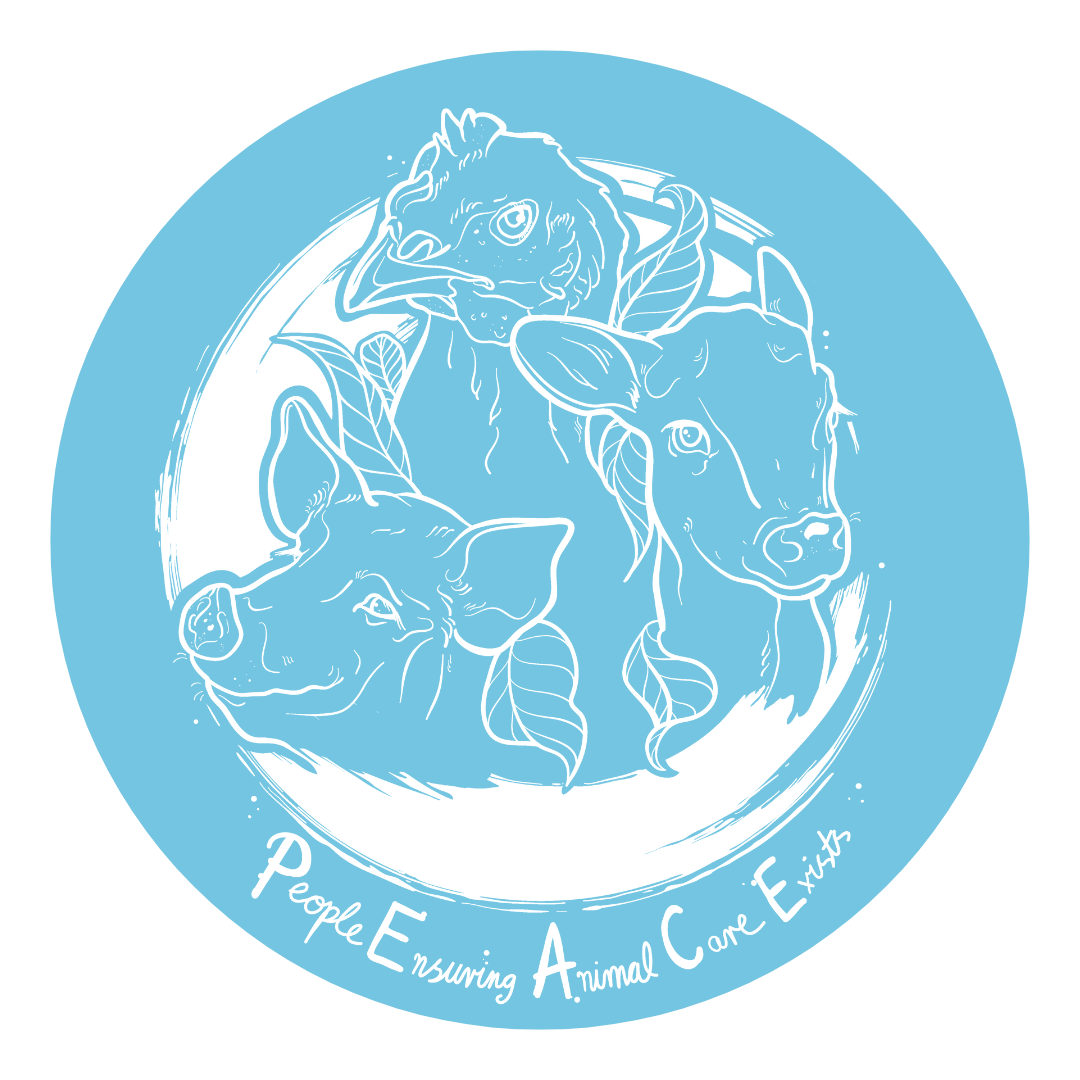Article By Kali Nelson
When weighing the ethics of eating animals, a common place to look is the behaviour of other animals. Maybe we’re looking to them as models for what is natural, or even aspirational.
There’s no question that animals do kill and eat each other. But does that mean we should do the same?
Should We Base Our Moral Decisions On What Animals Do?
In some ways, we really should aim to adopt the qualities of animals. They are often intuitive, patient, and friendly. We would all likely be happier if we could live in the present moment in the same way animals do.
But an animal doing something does not make that action inherently fair or defensible. In addition to hunting and killing, there are cases of animals forcing sex on each other. Some animals have eaten their offspring.
For these reasons, it’s disturbing to suggest we should base our moral code on the actions of animals. We have evolved as a species to a point where we hold each other accountable for our actions.
What Is Natural?
This argument also implies that because animals do something, it’s natural, and therefore correct. This is referred to as the “appeal to nature” fallacy. It suggests that if something is deemed natural, it is then automatically justified.
Poisonous mushrooms and berries are natural. Hurricanes and earthquakes are natural. Disease and death in childbirth are natural. Meanwhile, pharmaceutical antibiotics and airplanes are unnatural, yet we clearly benefit from them. Stating that something is natural doesn’t then automatically classify it as ethical or even ideal.
Speaking of natural – the life cycle we give farmed animals is decidedly unnatural. Animals eaten by other animals in the wild live in their instinctive habitat. They can interact with their own kind in a familiar environment, eat their preferred diet, and generally enjoy their freedom.
Farmed animals are artificially inseminated, selectively bred, live in cramped quarters where they may never see the sun, and die on an assembly line. They are debeaked, branded, poked with electric prods, and immediately separated from their family. There’s no opportunity to develop their natural instincts and behaviours before their premature death.
When you think of animals eating each other in the wild, you likely picture something like a lion. They are obligate carnivores, meaning they can’t survive off plant foods. We are not built in the same way. Sure, we have “canine” teeth – but imagine how well they would serve you running up to a cow and taking a bite. We also lack the levels of stomach acid carnivores have to break down raw meat without getting sick. Our bodies are not built to hunt and consume animals in the same way as carnivores.
How Should We Decide What To Eat?
If we can live a healthy, vibrant, and fulfilling life without causing pain to other beings, what could be the morality behind doing otherwise?
Health institutes across the world, including the American Dietetic Association, the Dieticians of Canada, and the British Dietetic Association, all agree you can safely meet your nutritional requirements through a vegan diet.
Unlike carnivorous animals in the wild, we have a choice about what we eat. We can weigh the consequences of our decisions and choose the option in alignment with our values. We can decide if we’re comfortable inflicting suffering on sentient beings for the taste of a five- minute meal. Choosing not to harm animals also comes with the added perks of health and environmental benefits.
If you’re interested in exploring veganism, check out the free resources at Challenge 22.

